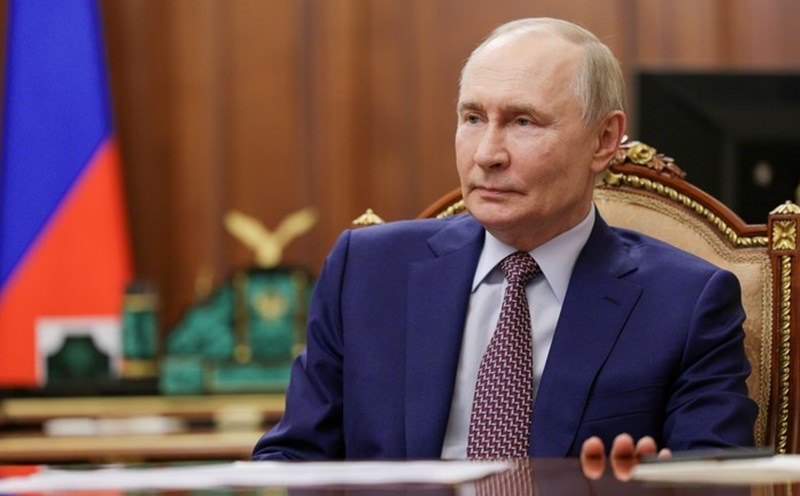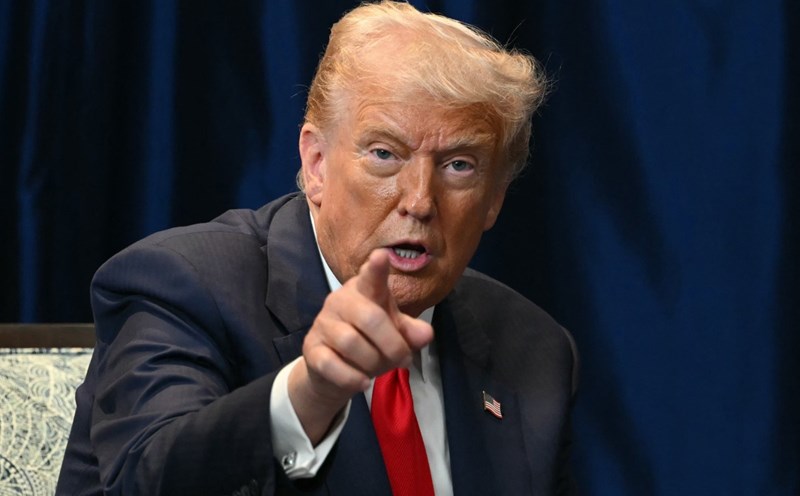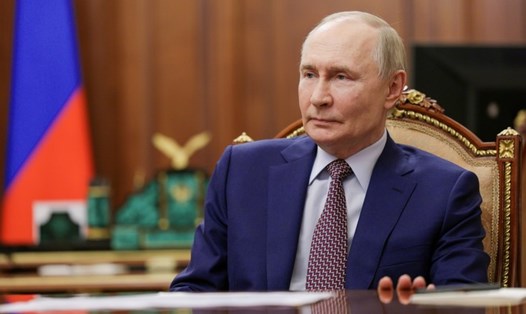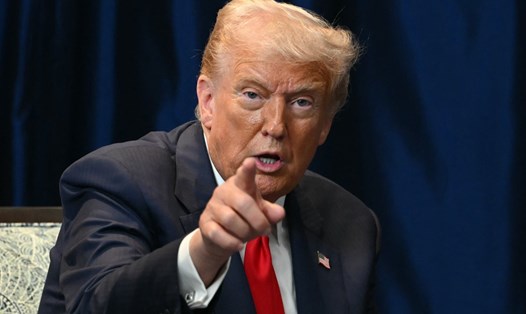The Wall Street Journal warned that Russia's Burevestnik cruise missile could become a new threat to the Golden Dome missile shield that US President Donald Trump is pursuing, thereby giving Moscow more leverage in arms control negotiations.
When US President Donald Trump announced the launch of the Golden Dome missile defense project worth about $175 billion, he described it as an intangible shield, designed to intercept intercontinental ballistic missiles (ICBMs) before they could threaten US territory.
The system is expected to be completed in less than three years - a rare pace for a global defense project.
However, according to The Wall Street Journal (WSJ), a new type of weapon from Russia could make Mr. Trump's Golden Temple dream less solid than expected. That is the Burevestnik cruise missile - a weapon that the Western military world has likened to the "ghost" of the new nuclear era.
In a report on October 26, General Valery Gerasimov, Chief of the Russian Army's General Staff, said that Burevestnik's experiments had been successfully completed.
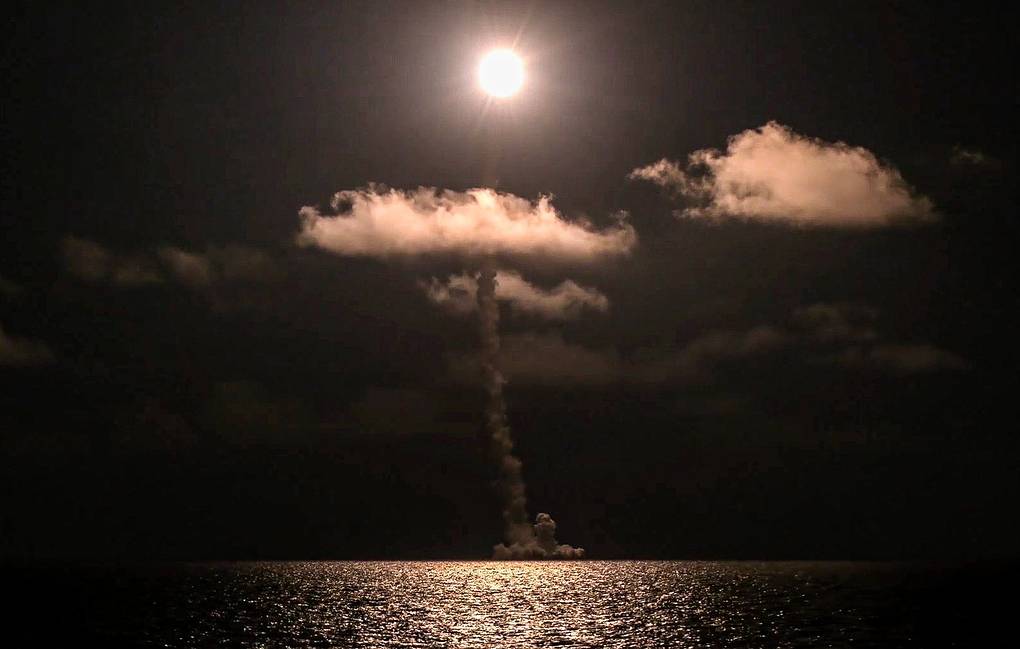
The missile flew continuously for 15 hours, over 14,000km, performing all complex flight operations along both vertical and vertical axes. It is noteworthy that, according to General Gerasimov, this is still not its maximum range.
The Burevestnik is designed to fly low, near-noise, making it difficult for the opponent's warning radar to detect. With a compact nuclear engine, the missile can maintain an almost unlimited flight, traveling around the Earth before hitting a target.
This makes the Golden arch-style defense systems, which are optimized to deal with high trajectories of ICBMs, almost useless.
The Wall Street Journal believes that the existence of Burevestnik could give Russia a strategic advantage as arms control negotiations with the US resume. In the context of treaties like the New START on the brink of collapse, Russia's announcement of a type of weapon capable of penetrating any US shield is a clear message: Moscow is not bound by old limits.
For Washington, this poses a difficult problem. The Golden Apple - a project President Trump expects to protect the US from threats from Russia, China or North Korea - now faces an opponent that even Pentagon experts admit is unpredictable and cannot be intercepted with existing technology.


